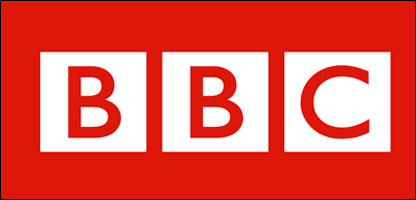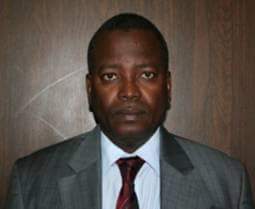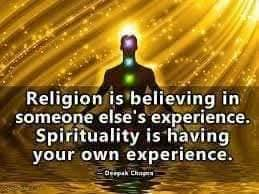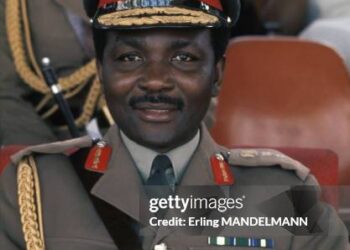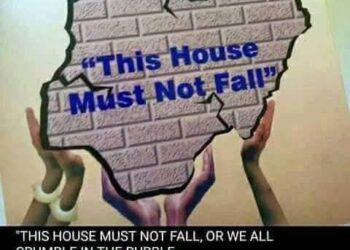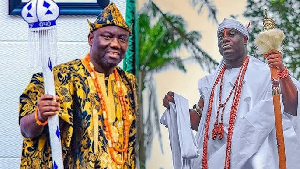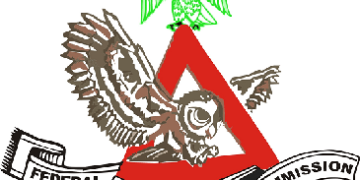BBC Global Disinformation Team
A BBC investigation has discovered that political parties in Nigeria are secretly paying social media influencers to spread disinformation about their opponents ahead of general elections in February.
The BBC’s Global Disinformation Team has spoken to whistle-blowers working for two of Nigeria’s political parties, and prominent influencers who have described it as “an industry”.
The whistle-blowers say parties give out cash, lavish gifts, government contracts and even political appointments for their work.
We changed their names to protect their identity. “Yemi” is a prominent strategist and “Godiya” a politician.
“We’ve paid an influencer up to 20m naira ($45,000; £37,000) for delivering a result. We’ve also given people gifts. Other people prefer to hear: ‘What do you want to do in government, be a board member, be a special assistant?’,” says Godiya.
Situation rooms are commonplace in the run-up to an election. It’s where political parties strategise, develop plans and monitor their campaigns’ success. But in the rooms the whistle-blowers described to us, there was another function: following how false narratives assigned to influencers were performing.
Strategist Yemi says fake stories are developed to improve their candidates’ chances: “You can deliberately misinform in a suitable way for you.”
The BBC has spoken to multiple influencers who have confirmed that payment in exchange for false political posts is widespread.
One influencer who asked not to be named – with almost 150,000 Facebook followers – told us he is paid by political parties to post completely false stories about political opponents. He says he does not do it openly but rather plants false stories through other micro-influencers he hires.
Separately, Rabi’u Biyora is a major influencer known for supporting the governing All Progressives Congress (APC) party.
He told us he was “wooed” by an opposition party to stop promoting the APC’s candidate, and give his support to their candidate instead.
Posts on his Facebook timeline confirm he did just that. He told us he did not receive gifts of any kind to do so. But we discovered a Facebook post from 2019 in which he said he received a car and money from a party in exchange for his support on social media.
We put this finding to him, but he stopped responding to us.
Tactics
With an estimated 80 million Nigerians online, social media plays a huge role in national debates about politics. Our investigation uncovered different tactics used to reach more people on Twitter. Many play on divisive issues such as religious, ethnic and regional differences.
In July, influencers widely shared posts associating Kashim Shettima, the APC’s candidate for vice-president, with members of the Islamist militant group Boko Haram.
This false narrative gained momentum on Twitter and was shared thousands of times, spilling onto WhatsApp and other platforms.
Using reverse image search, we found that those in the picture with Mr Shettima were nomadic Fulani parents whose children he had enrolled in secular schools in 2017, not members of Boko Haram.
https://www.bbc.com/news/world-africa-63719505


